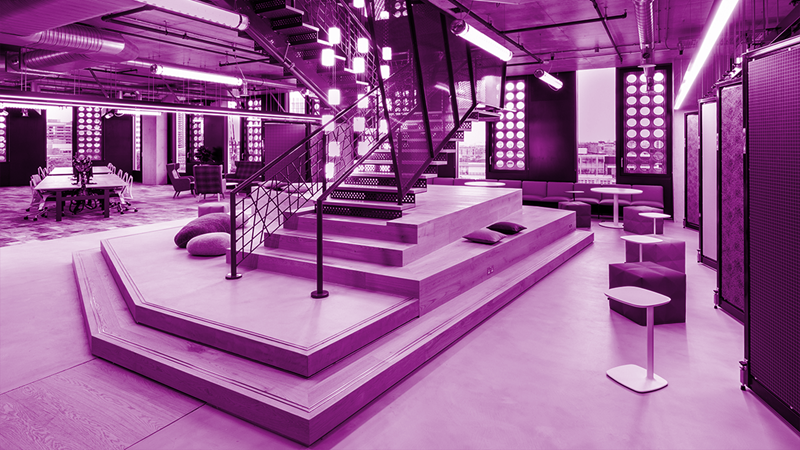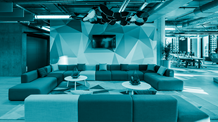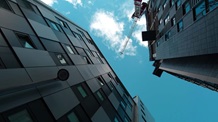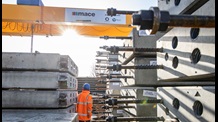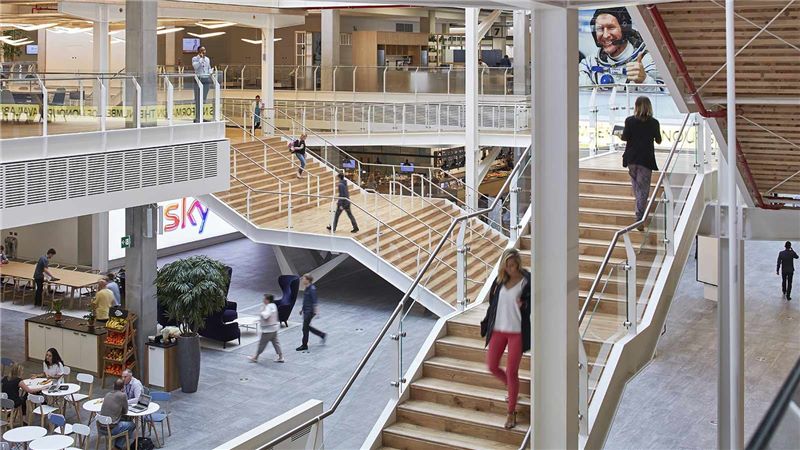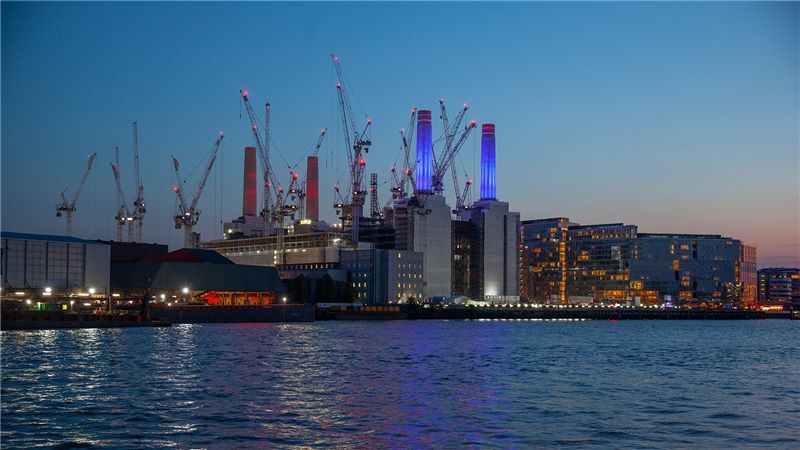Delivering fit-out for technology giants - what we've learnt
Tech firms face huge competition to recruit and retain talent. Como's Nick Hoffman shares what he has learnt about delivering fit-out projects for some of the world's leading technology brands.
Whether it’s a global brand or a tiny start-up, technology companies are well-known for inhabiting cutting-edge offices filled with weird and wonderful features. From slides between floors to video game rooms to ‘sleep pods’, it’s a rare week when there isn’t excitable media coverage of a tech firm’s new office and its unusual fit-out.
Behind the articles sits a more prosaic reality. Technology firms face huge competition to recruit and retain the young, mobile and highly skilled staff they need to succeed. Whatever the size of the company, that competition for employees means that office fit-out is more important to technology firms than it is to companies in most other sectors.
Over the last 18 months, we’ve delivered a number of offices for some of the world’s largest technology and e-commerce brands, including Adobe and Expedia. We’ve learnt plenty of lessons along the way.
Competition for employees means that office fit-out is more important to technology firms than it is to companies in most other sectors
Innovation culture is everything
Big technology firms tend to have more relaxed cultures and customs than other companies – they don’t like to think of themselves as too corporate. This means they pride themselves on finding a competitive edge through using innovation to deliver projects quickly and cheaply.
We’ve found they look for similar attributes in their partners – they don’t want another corporate supplier offering identical management styles and the same old ways of working. They want an innovative partner that can adopt completely new working styles and can suggest unexpected solutions to tricky problems.
As a partner, you’ll need to quickly develop a strong sense of your customer’s identity and try to understand how to work with them. This means showing them that you can be as innovative and forward-looking as they can. You’ll also need to be approachable and relaxed – but simultaneously able to demonstrate you can deliver.
That will often mean making adjustments to standard practice and stepping out of your comfort zone. It also means putting your best and brightest people to the fore and developing custom approaches.
Agile working is a reality
A lot of sectors have started paying lip-service to the idea of ‘agile working’ – but for technology companies it has already become a reality. The whole design of their offices will be geared towards delivering agile working, and their contractor will need to understand those requirements if the relationship is to be a success.
For a fit-out supplier, that means being able to deliver high-spec shared spaces that allow for flexible working – often with complex integrated technology that we may not have worked with before - for example, a recent customer required integrated desk sensors on every desk across the whole office.
For a fit-out supplier, that means being able to deliver high-spec shared spaces that allow for flexible working – often with complex integrated technology.
Requirements will change at speed
More importantly, your team itself will have to be more agile than before. Tech companies move quickly, and requirements can change significantly, even over the short life cycle of a standard office fit-out job.
In our case, one of our customers acquired more than one small competitor while we were delivering their fit-out, each of whom had teams who had to be folded in to the existing office design. You will need to be quick on your feet, able to predict the customer’s changing needs before they become a reality – and then able to react appropriately at speed.
Every job will be unique
Technology firms are hyper-competitive, and they will always be looking to show customers, staff and potential recruits that they are a step ahead of the competition. Every job you do for them will involve features or technology you’ve never worked with before – whether that’s unique architecture or complex cutting-edge digital infrastructure. Your team will need to develop innovative techniques and practices to ensure that you can deliver the project to a high standard.
For one customer, we built a complete ‘technology café’: a place for staff to go and eat while checking out the latest gadgets and kit on the market. The requirement was to deliver this setup in a way that both worked for café customers and enabled regular updating of the technology.
You’ll need to be prepared for the unexpected – and ideally you’ll be able to suggest novel solutions to your customer that they hadn’t considered themselves.
This article was originally published by Building.










